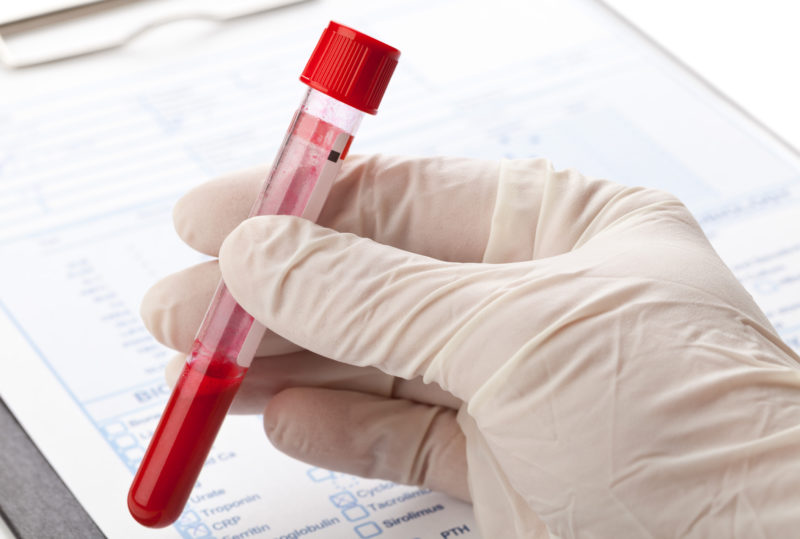Recently blood tests for DWI cases have made the news. At issue is whether police need a warrant before requiring a DWI suspect to a blood test. U.S. Supreme Court ruled in Missouri v. McNeely that in “drunk-driving investigations, the natural dissipation of alcohol in the bloodstream does not constitute an exigency in every case sufficient to justify conducting a blood test without a warrant.” Okay, so what does this mean?
This means that if the police want to take a blood test to determine blood alcohol levels, they must get a warrant. The Supreme Court explained that in no case could they establish a “per se” rule that would allow an officer to have blood withdrawn without a warrant, unless exigency required it. The only time this will be allowed is if a recognized exception applies, and it is reasonable based on the “totality of the circumstances.”
In Missouri v. McNeely, McNeely was stopped by a Missouri police officer after noticing “several signs that McNeely was intoxicated” (signs: “bloodshot eyes, slurred speech, and the smell of alcohol”). McNeely then performed poorly on the field sobriety tests and refused an on-site breathalyzer test. Subsequently, McNeely was arrested and was taken to the police station where he refused the breath-test again. The officer then took McNeely to a nearby hospital for blood testing. The officer failed to secure a warrant.
McNeely then refused to consent to a blood-test after the officer explained to him “that under state law refusal to submit voluntarily to the test would lead to the immediate revocation of his driver’s license for one year and could be used against him in a future prosecution.” (citing Mo. Ann. Stat. §§577.020.1, 577.041 (West 2011). The officer then proceeded without a warrant and had McNeely’s blood drawn in which his BAC registered at 0.154 percent.
The trial court “concluded that the exigency exception to the warrant requirement did not apply… [because] there were no circumstances suggesting the officer faced an emergency in which he could not practicably obtain a warrant.” The Supreme Court affirmed the Missouri courts in that the “natural dissipation of alcohol in the bloodstream” does not establishes a “per se exigency” that would do away with the warrant requirement, not justify an exception.
NPR commented on the Supreme Court decision in that Justice Sotomayor stated that “if an emergency requires officers to dispense with the warrant requirement….that determination must be made on a ‘case-by-case’ basis and later justified in court.”
If you recently received a DWI the attorneys at Nave DWI Defense Attorneys are here to help you. Whether you have a question on the legitimacy of a blood test, or the issues in your case, our attorneys understand the complexity of DWI laws and can put you at ease.
The exclusive purpose of this article is educational and it is not intended as either legal advice or a general solution to any specific legal problem. Corporate offices for Nave DWI Defense Attorneys are located at 432 N. Franklin Street, Suite 80, Syracuse, NY 13204; Telephone No.: 1-866-792-7800. Prior results do not guarantee a similar outcome. Attorney Advertising.





